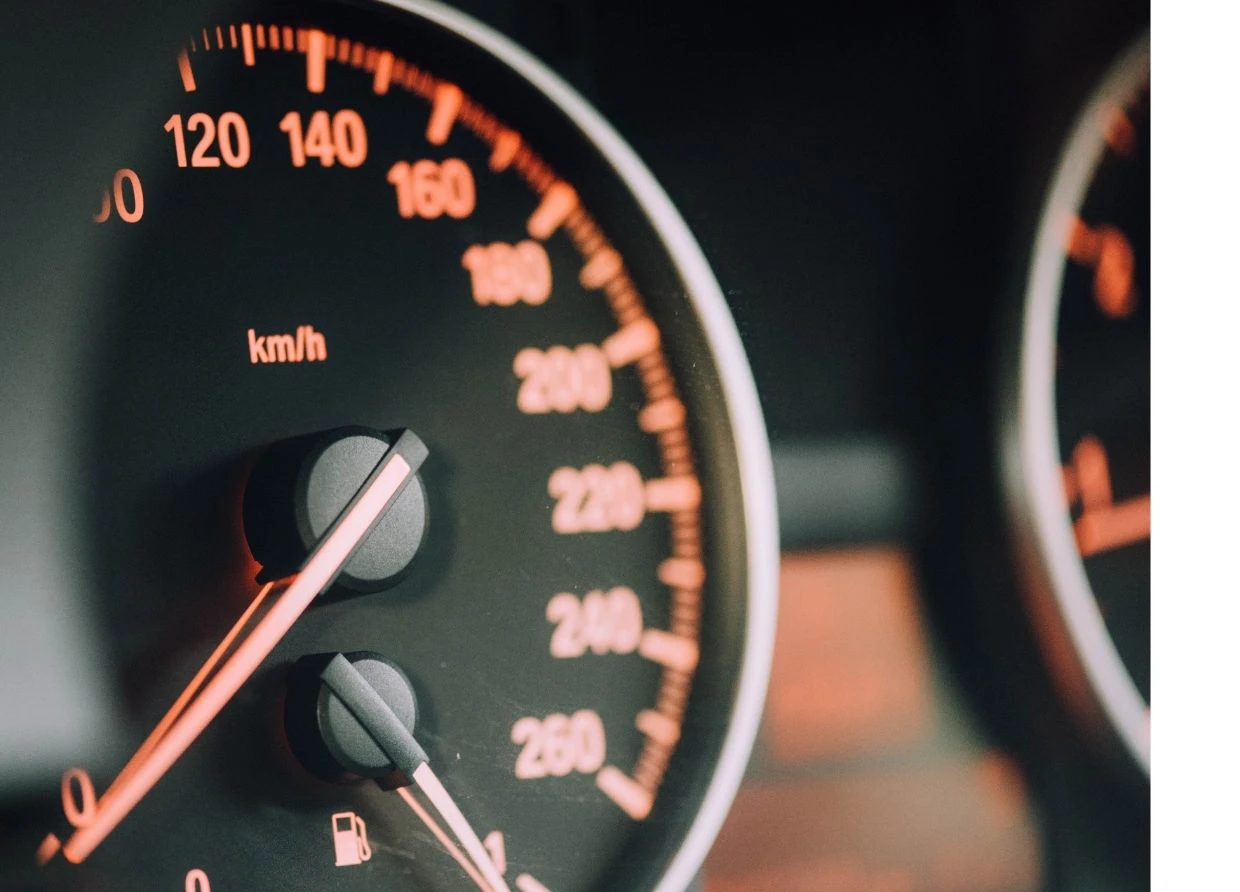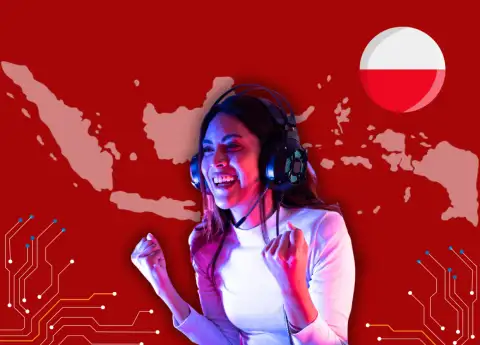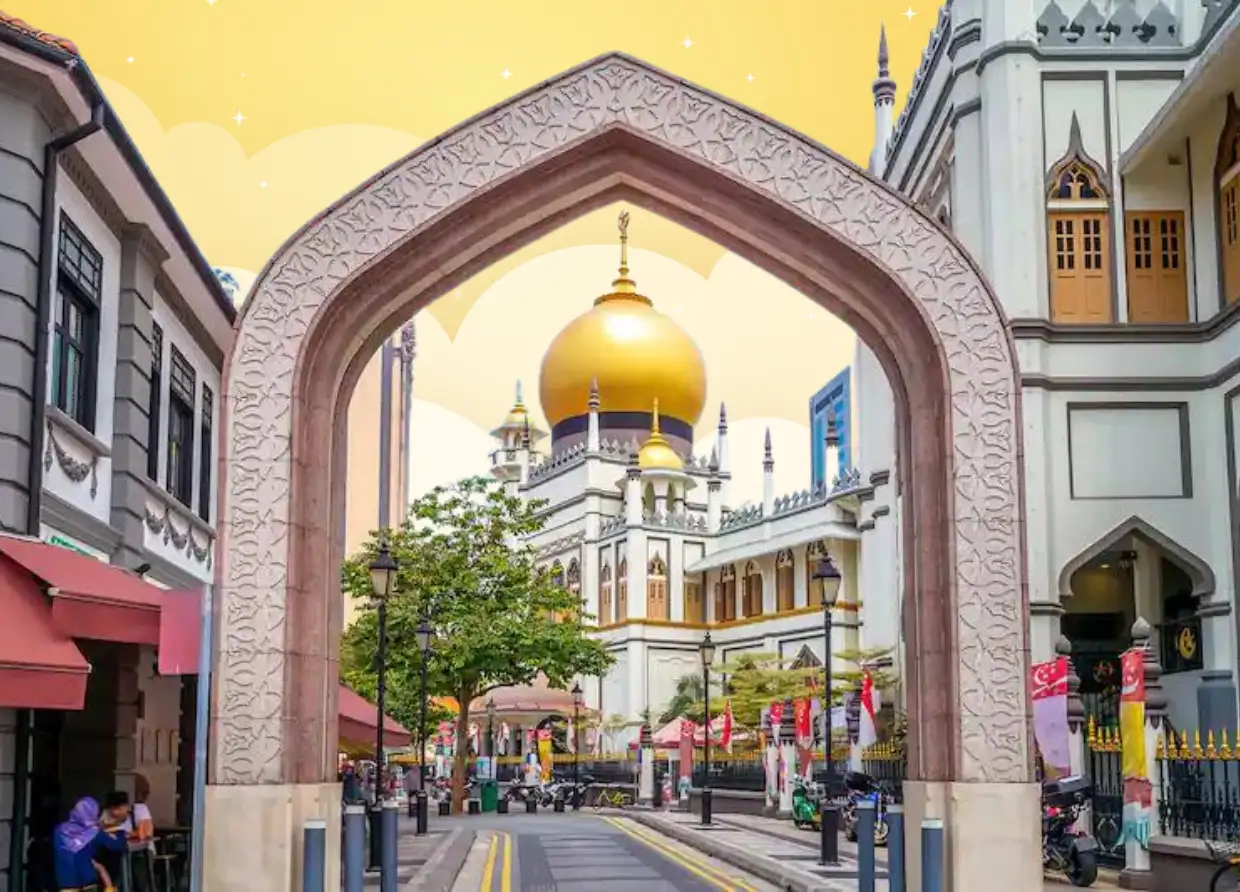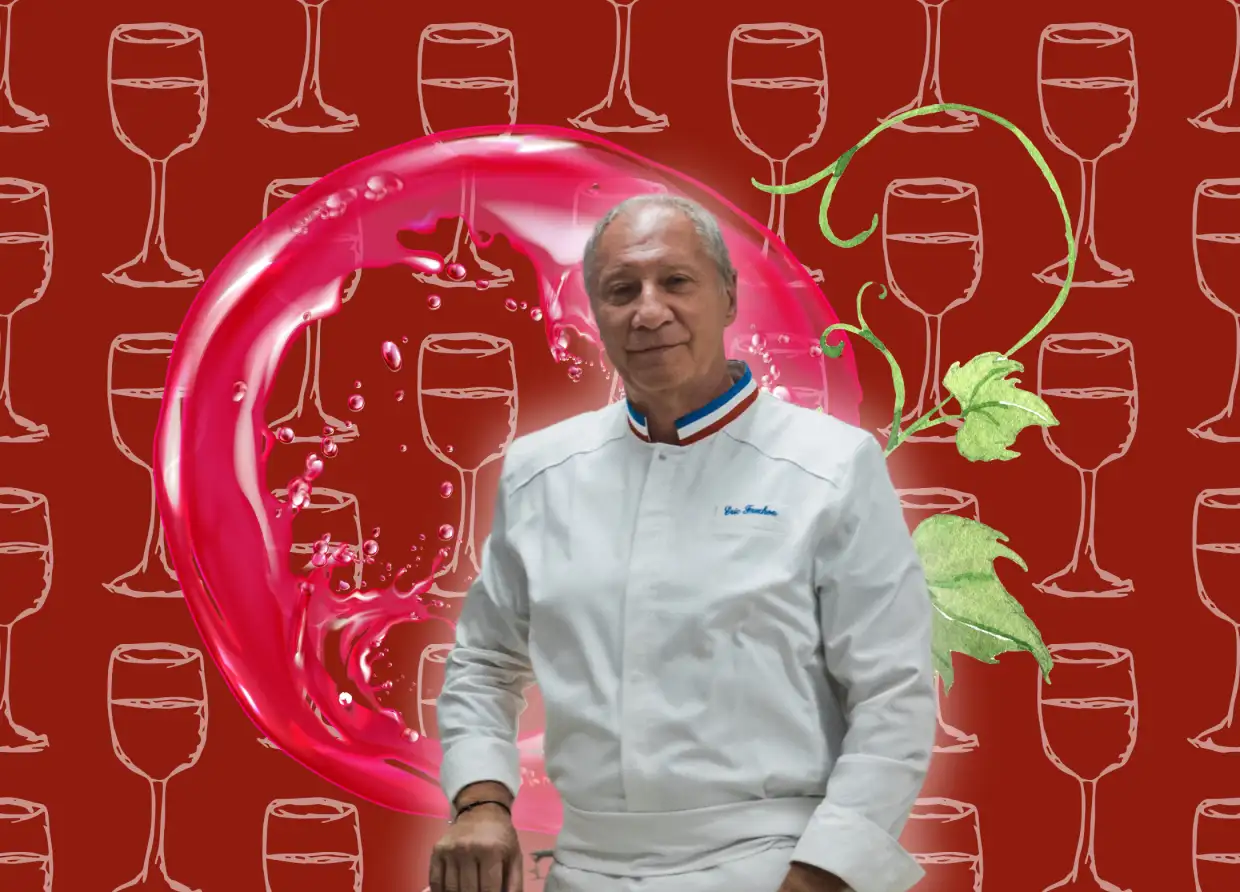INDONESIAN STUDENTS COMPETE IN ENERGY-SAVING VEHICLE COMPETITION
The Energy Saving Car Contest aims to provide a platform for engineering students in Indonesia to apply the knowledge and improve creativity, discipline, soft skills, and hard skills.

Environmentally friendly vehicles are now a global trend to follow. Various technologies have emerged to resolve the challenges of depleting fossil fuels, pushing to produce an environmentally friendly mobility style with minimal emissions.
One way to find superior seeds in creating environmentally friendly technology is presented by the Ministry of Education, Culture, Research, and Technology (Kemendikbudristek). The National Achievement Center (Puspresnas) will hold the 2021 Energy Saving Car Contest (KMHE) at the Gelora Bung Tomo Circuit, Surabaya. The contest will be held from November 16 to 19, 2021. This year's KMHE was attended by 24 teams, consisting of 5 students and one supervisor from 24 universities in various cities in Indonesia.
"Hopefully, in the future, there will be a talent database and will provide scholarships to students so that they can continue to master and guarantee their future," said Asep Sukmayadi, Head of Puspernas, in his statement.
The Energy-Saving Car Contest aims to provide a platform for engineering students throughout Indonesia to apply the knowledge gained from college and improve creativity, discipline, soft skills, and hard skills. “This KMHE also provides alternative solutions for current national energy problems. The solution in question will certainly have a positive effect on the development of future vehicles that are fuel-efficient and environmentally friendly," said Asep.
View this post on Instagram
In the final round, there were two categories contested, namely the prototype and urban types. Each category is divided into four classes: the gasoline internal combustion engine class, the diesel internal combustion engine class, the ethanol internal combustion engine class, and the electric car class.
Meanwhile, the Chancellor of the State University of Surabaya, Nurhasan, assessed that the KMHE event was significant in stimulating imagination and fostering creativity and innovation of engineering students throughout Indonesia. In addition, the competition can also improve students' soft skills and hard skills in answering national energy issues, even in the world.
"The future of the country, including the matter of energy needs, is in the hands of young people today," explained Nurhasan in his remarks at the 2021 KMHE.
This competition hopes to continue to the innovation stage in energy-efficient car products. Nurhasan gave an example, inter-campus teams can work together to perfect these works. Student designs are also followed up with discussions to refine them to the production stage.
"We invite the government and industry to look at and accommodate student works so that later they can be developed and continued in the form of superior domestic products. The government, campuses, stakeholders must encourage young people to work and provide a platform," said Nurhasan.
Previously, KMHE 2021 participants had gone through various stages, from evaluating vehicle design reports, selecting vehicle design reports to choosing virtual technical inspections from September 20 to October 1, 2021.
Previously, as many as 73 teams from 73 universities uploaded reports on their vehicle designs to be submitted as KMHE finalists. Then as many as 48 teams from 48 universities passed to the next stage, namely the technical video inspection stage. As many as 24 teams passed to the final stage, which was held at Unesa.
In this KMHE, participants are required to use their creativity in realizing real works in the form of vehicles that will be contested in two categories, namely prototypes and urban concepts. In the prototype, students are expected to create future cars with exceptional designs that maximize efficiency.
View this post on Instagram
Meanwhile, in the urban concept, students are expected to create four-wheeled vehicles that look like cars in general and are suitable for driving on the highway.
Puspernas was only established in late 2019. Some of the goals are to develop the achievements and talent management of the nation's children. At the campus level, there is a talent development and screening program.
Rizal Alfian, Coordinator of the Pokja Dikti, said that through KMHE, the government wants to encourage the creation of a variety of innovations for children throughout the country. Later on, the talents captured will be promoted to the learning career stage to continue their studies and achievements and advance students' professional careers.
"Student innovation works will not only be contested but will also collaborate with partners or industry so that student findings and innovations can be continued to the level of automotive technology innovation. At least the findings of energy-efficient car technology can be applied in automotive technology," said Rizal.
The students' innovation of energy-efficient vehicles is based on the basic principles of motion. The participants then used lightweight materials, vehicle designs with good aerodynamics, and engine combustion technology that produces power, ultimately leading to energy savings.
#THE S MEDIA #Media Milenial #kmhe #energy saving car contest #KMHE



























